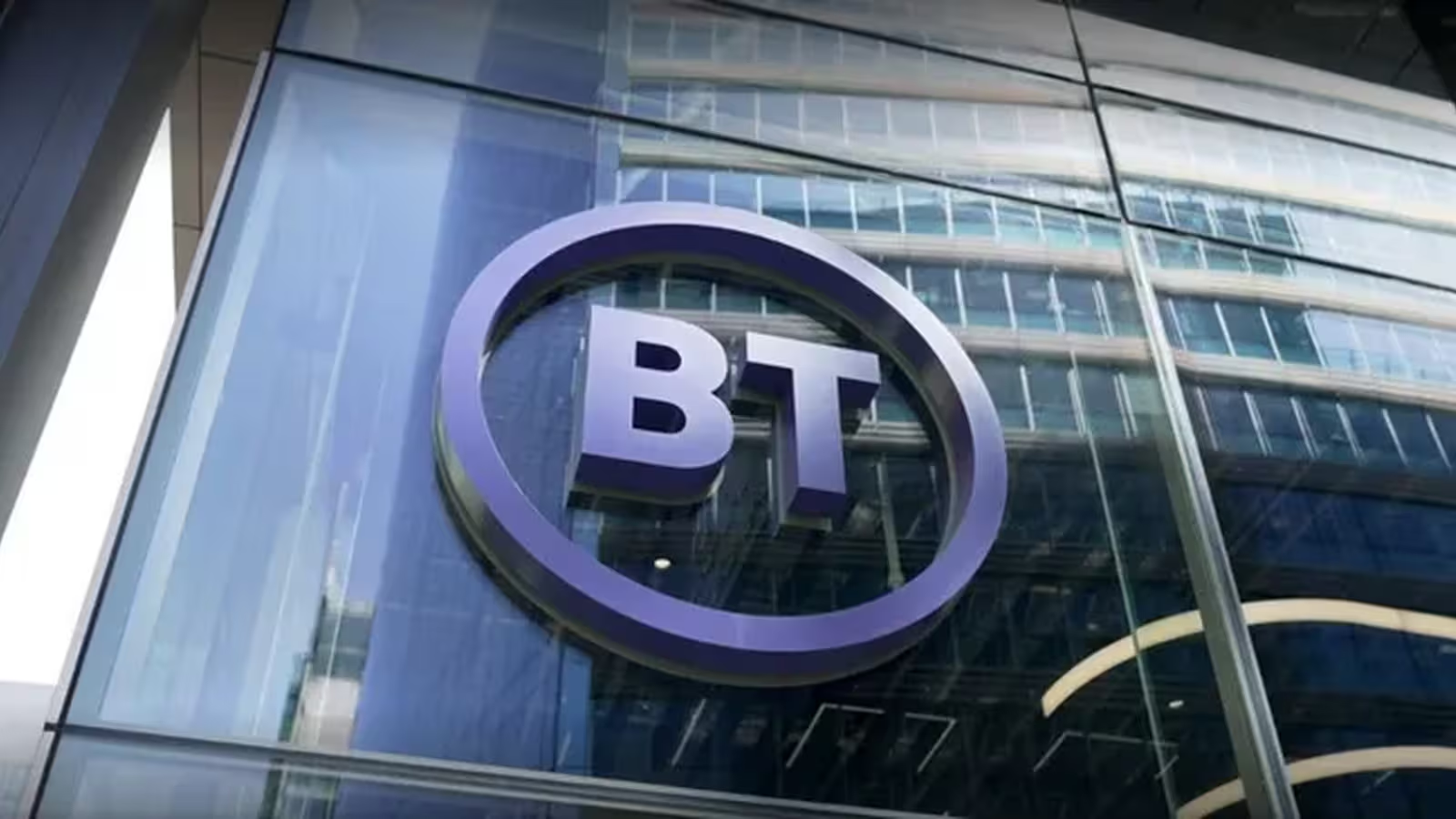3 Minutes
The fast-paced integration of artificial intelligence at BT is set to reshape the company’s future, potentially leading to further significant job reductions. BT’s CEO, Allison Kirkby, has acknowledged that as the telecom giant ramps up its use of AI technology, freshly unveiled workforce reduction plans may go even further than originally forecast.
Strategic Cost-Cutting and Workforce Plans
BT recently announced its goal to cut between 40,000 and 55,000 jobs by the end of this decade—a move designed to deliver £3 billion in savings by 2030. Kirkby, who took on the chief executive role in 2024, has emphasized that these measures, coupled with advanced automation, may allow BT to operate on an even leaner scale. "Depending on what we learn from AI, there may be an opportunity for BT to be even smaller by the end of the decade," Kirkby remarked in an interview with the Financial Times.
Transformation Through AI: Product Features and Competitive Edges
BT’s embrace of artificial intelligence targets improved operational efficiency, from automated customer service workflows to enhanced network management. By deploying AI-powered solutions, BT aims to streamline repetitive tasks, reduce overhead, and enable smarter, data-driven decision-making. Compared to traditional methods, AI integration offers flexibility, improved uptime, and the ability to deliver new digital products and services to customers faster than ever before.
Recent Reorganization Moves and Market Position
In addition to workforce optimization, BT has engaged in strategic divestments, offloading non-core businesses in Italy and Ireland and recently spinning off its international division. These actions are part of a larger pivot to prioritize broadband infrastructure, especially Openreach, BT’s broadband arm. Despite Openreach’s market relevance, Kirkby argues that BT’s current share price (£186.45) significantly undervalues its digital infrastructure assets. She hinted that if this situation persists, a separate spin-off of Openreach may be considered, ideally following improvements in market valuation.
Financial Performance: Comparison and Revenue Dynamics
While BT realized over £900 million in annualized cost savings this past fiscal year, the company faced a 2% revenue decline, attributed to weaker international sales and handset turnover, resulting in revenues of £20.4 billion.
Potential Expansion and Industry Implications
BT’s ambitions extend further, as reports suggest early talks are underway to acquire TalkTalk, a financially challenged UK broadband provider. Such a move, combined with existing control over EE—one of the UK's largest mobile networks—could significantly boost BT’s market presence, but might also invite antitrust scrutiny from regulators, especially in light of the recent intensive review of the Three-Vodafone merger by the Competition and Markets Authority (CMA).
Market Relevance and The Road Ahead
BT’s evolving strategy under Kirkby underscores a broader industry trend: the transformative potential—and challenges—of integrating artificial intelligence at scale. While AI brings promise of greater efficiency and product innovation, it also raises complex questions about workforce displacement and market competition. Stakeholders and professionals across the digital sector will be watching closely as BT navigates these pivotal changes in the years to come.
Source: techradar



Comments